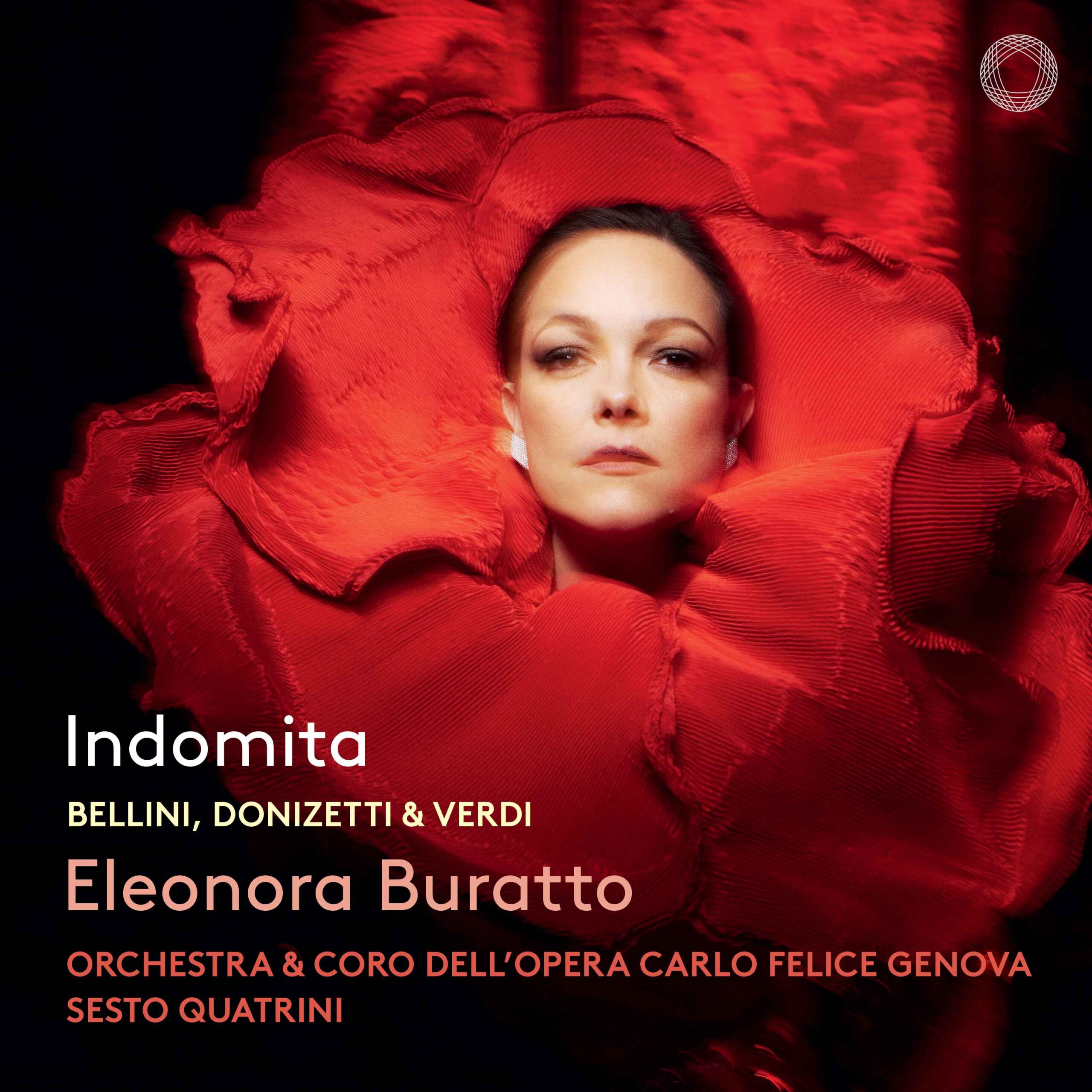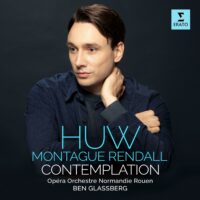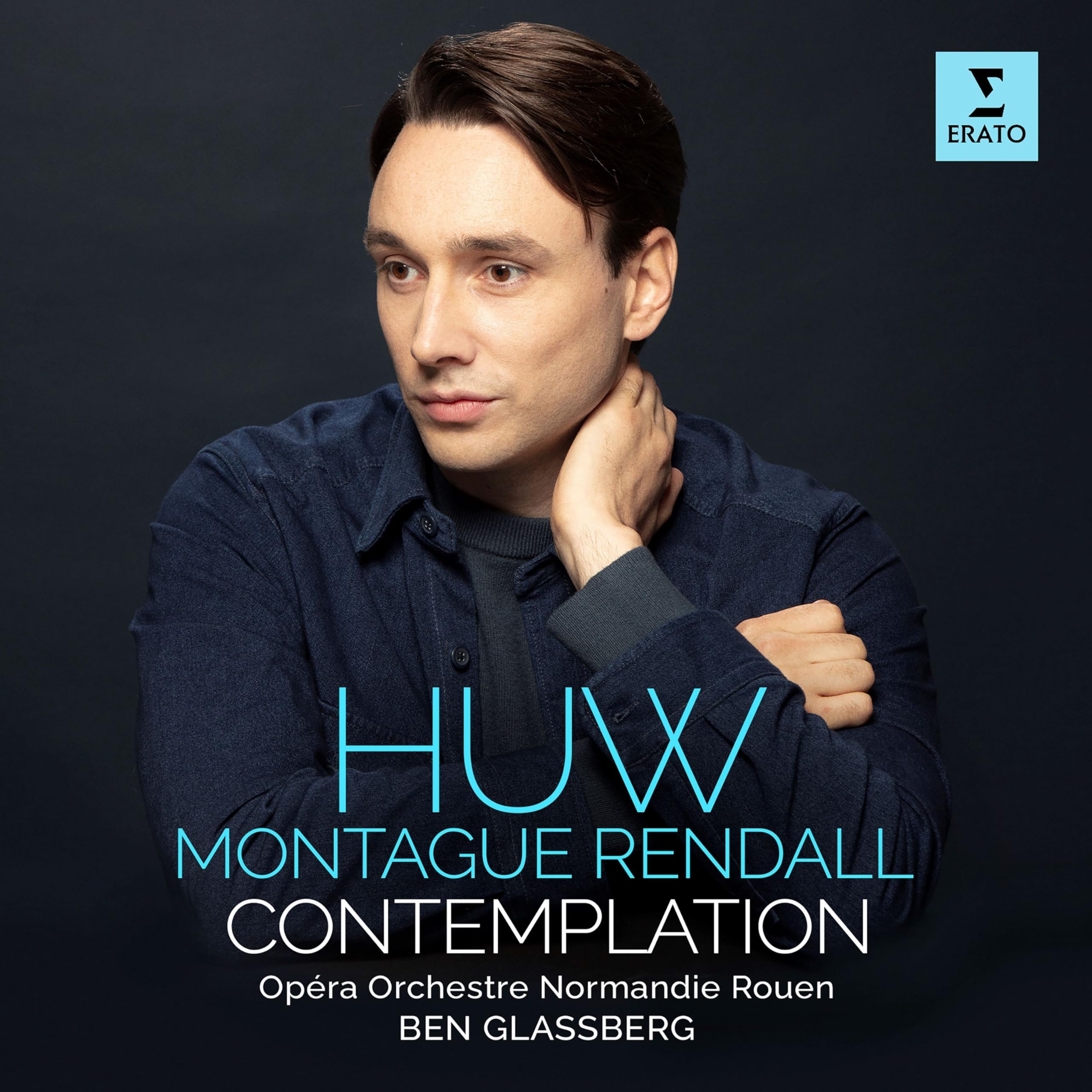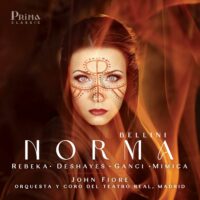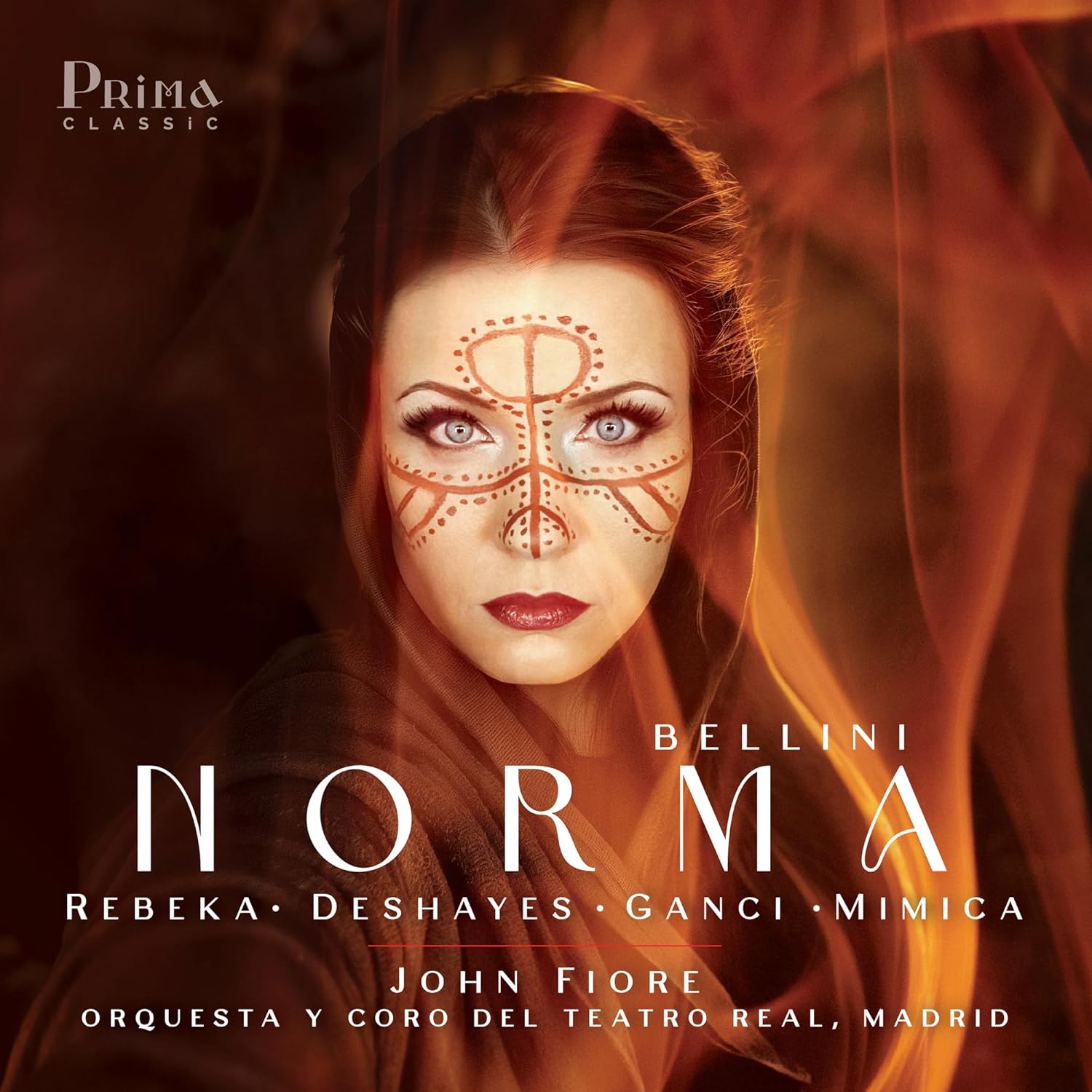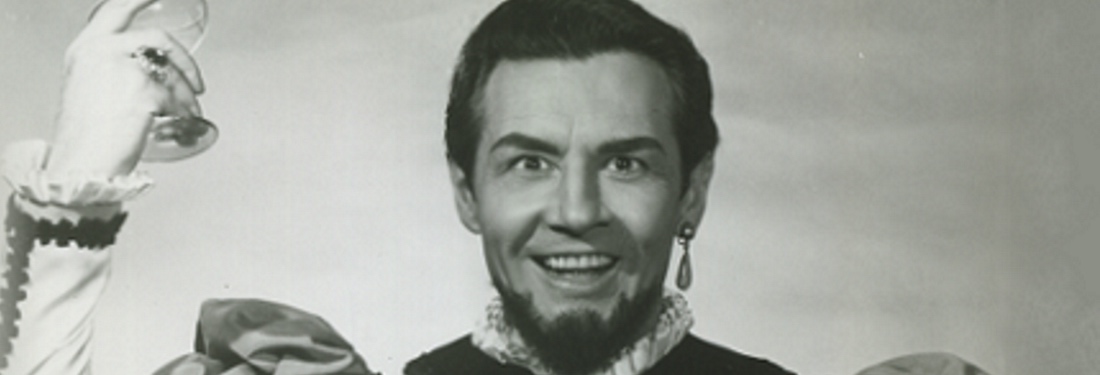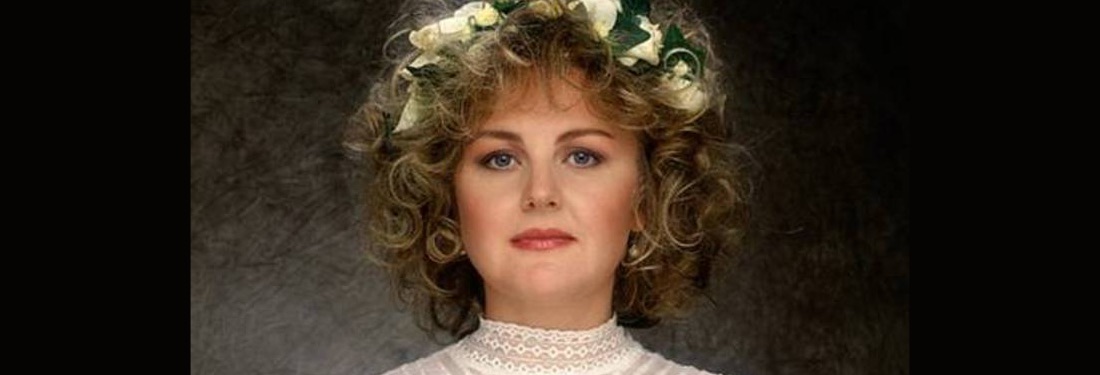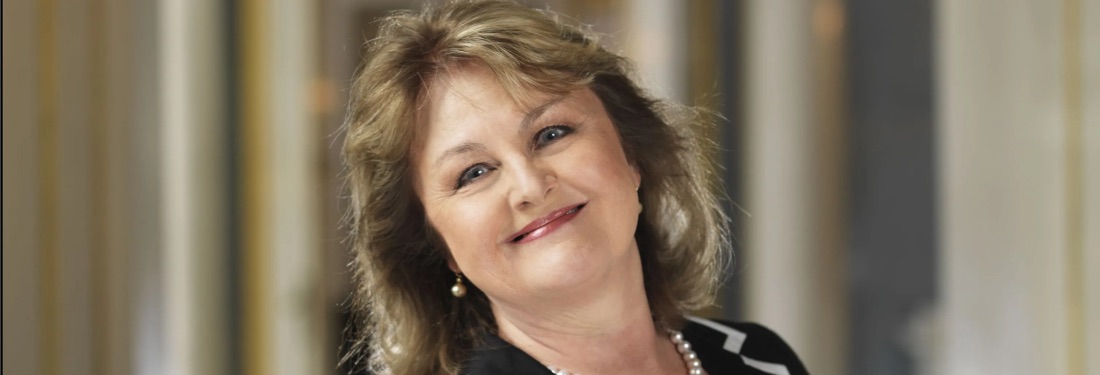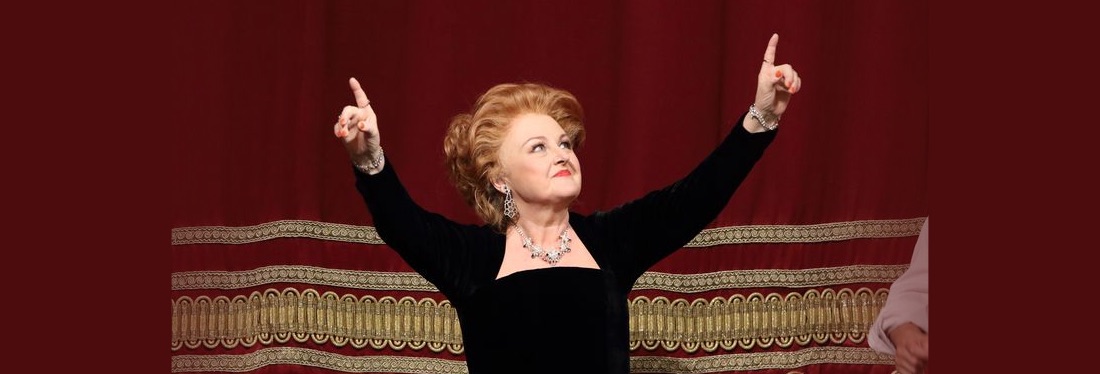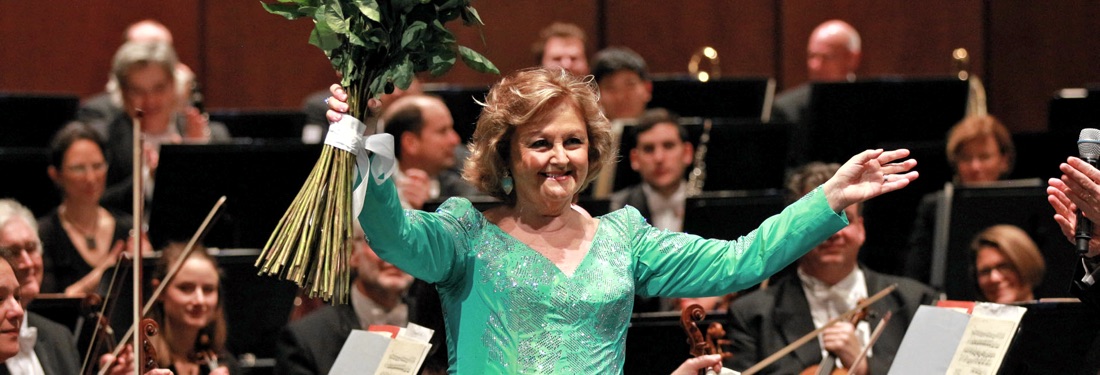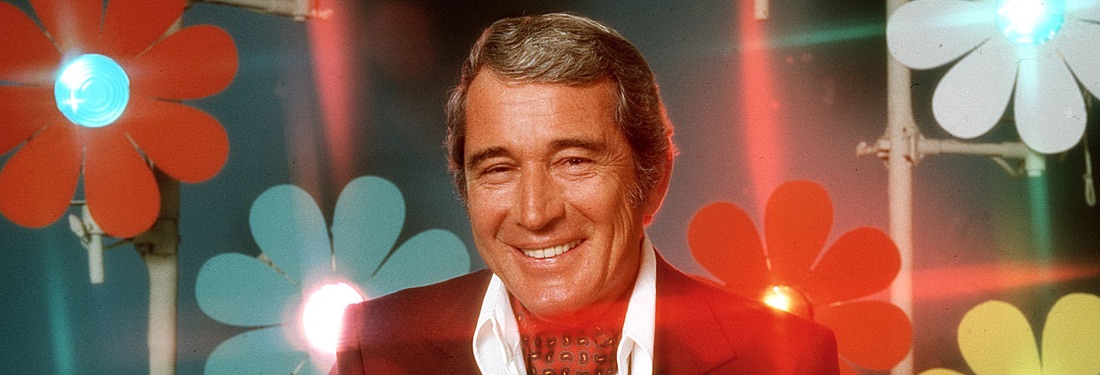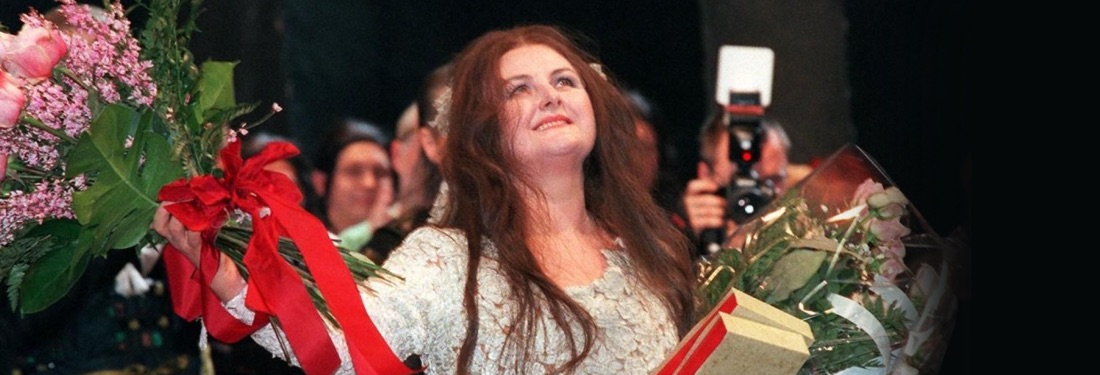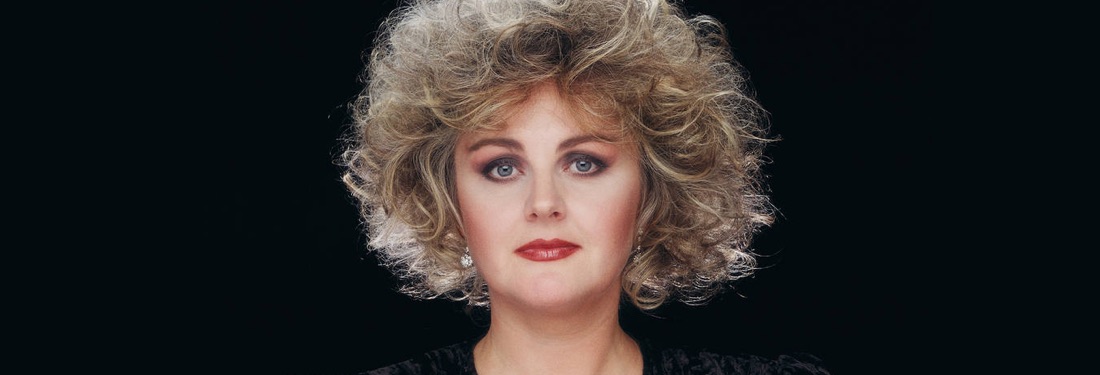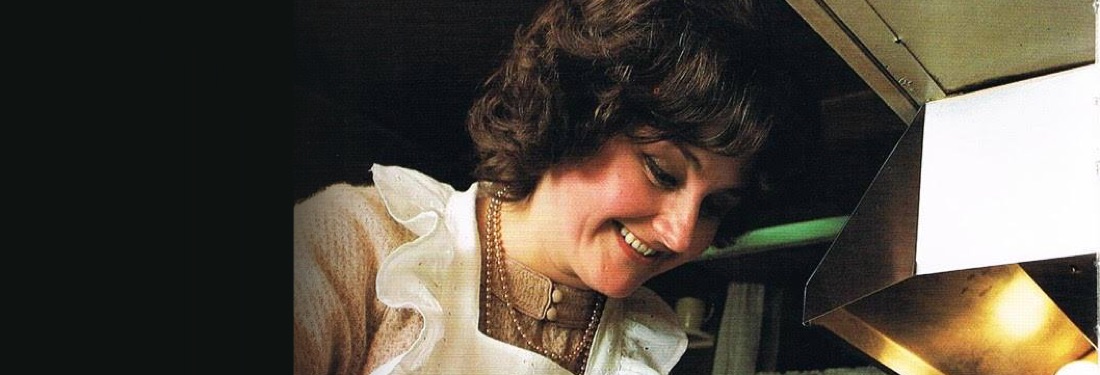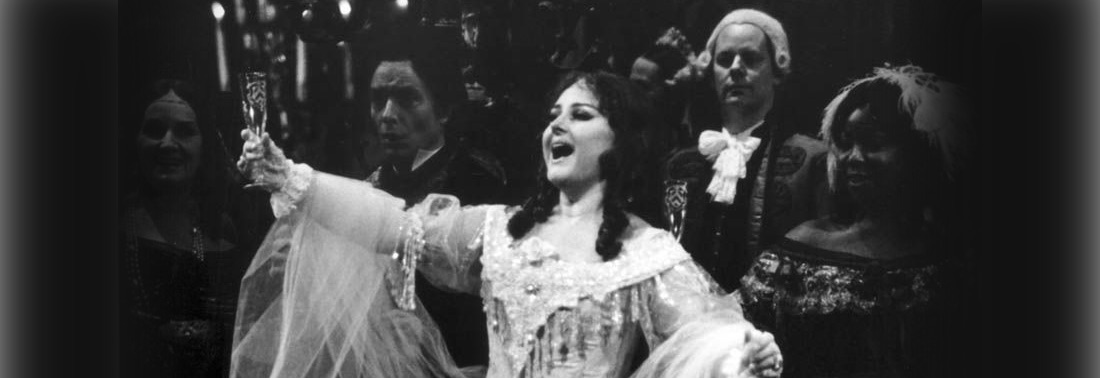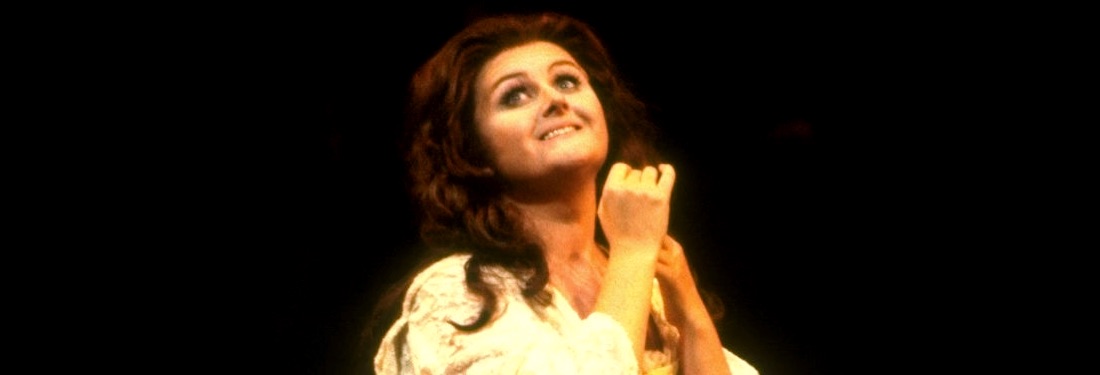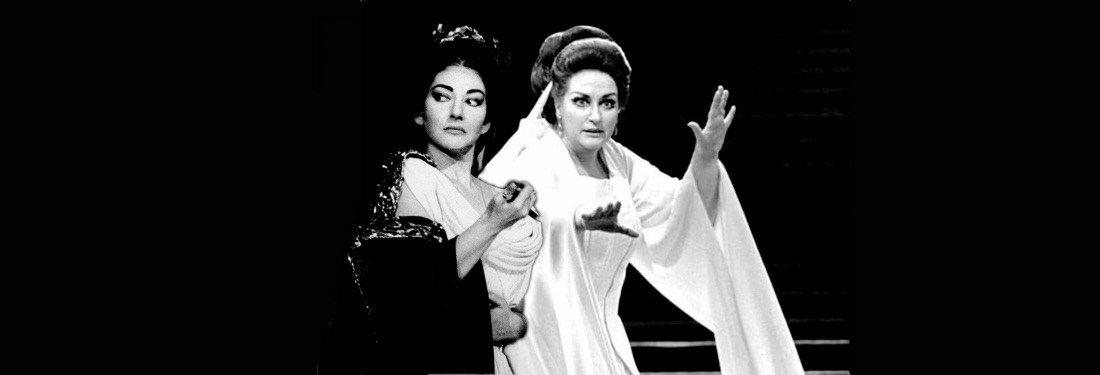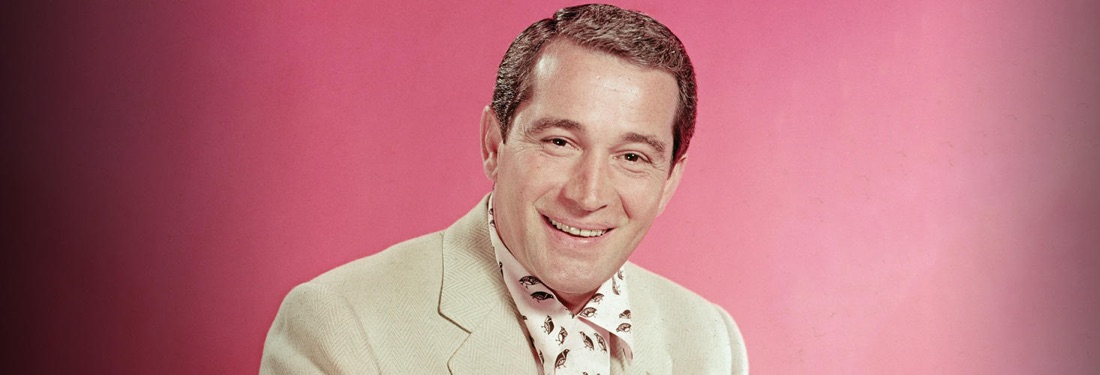
Niel Rishoi
For Niel Rishoi, a new CD of Bellini, Donizetti, and Verdi by Eleonora Burrato for Pentatone can’t help but invite unflattering comparisons
Huw Montague Rendall’s new release Contemplation has been spinning in both my car and home players repeatedly for months now.
In a splashy new recording of Norma, Marina Rebeka “is doing something very untoward, and it appears destructive to her voice.” It has Niel Rishoi worried.
On February 10 of this year was the 100th anniversary of the birth of the great Italian basso Cesare Siepi. I found that this milestone was scarcely noted in the opera press.
Edita Gruberová was one of the most fascinating individuals I have ever known.
Edita Gruberova considered her greatest pride and loves not her career but her daughters Klaudia and Barbara and grandchildren Cris, Denis, and Alyssa.
Despite the diminishing returns of her vocal means, Edita Gruberova‘s last years of her career were if anything more successful than ever.
These are my findings and opinions (and I welcome rebuttals)!
The worst criticism perhaps was the gleeful Schadenfreude noting Edita’s voice wasn’t as under her command as it used to be.
I feel that any singer attempting crossover would do well to listen to Perry Como to hear how it should be done.
To give an idea of how well Perry Como was able to “assume” different vocal identities, here he is doing his mega #1 1953 hit, “Don’t Let The Stars Get In Your Eyes.”
In observation of the 110th birthday of Perry Como, May 18, 1912.
Sondra Radvanovsky is very special here!
Artistic temperament she had, but not including self-centered megalomania. She was one of the most fully human individuals I have ever known.
I had no idea whatsoever of the reality of the life of this strong, vibrant woman I had gotten to know, the traumas she suffered; the extent and the horror of her experiences was all very surreal to me.
The 1990s effectively signaled a new phase in Edita Gruberova‘s career with her undertaking more demanding, heavier roles, while still essaying Zerbinetta and Lucia.
The entire dinner was spent discussing conductors.
You know in some of those old Jeanette MacDonald movies where she plays a prima donna and receives applause in a public setting? That’s just what happened when the three of us walked into that restaurant, one patron calling out “Brava!”
I proposed to Edita that we turn my 20-page paper into a book, a musical biography.
I never fathomed I’d be writing words as these this soon.
Who’s been hiding tenor Benjamin Bernheim from me all this time?
Though the formal recorded aria recital is the ultimate calling card of an artist, the invitation to the spectator to receive, listen, and critically behold of the offerings (on fire or burnt), they are but a souvenir and there are a few drawbacks inherent with the presentation.
Maria Callas and Montserrat Caballé are two of the most highly-regarded and esteemed exponents of the great soprano roles in both bel canto and in the operas of Verdi, and their recordings are held as artistic triumphs of the highest order.
The flawless, classical singing style of Perry Como. Perry Como?

